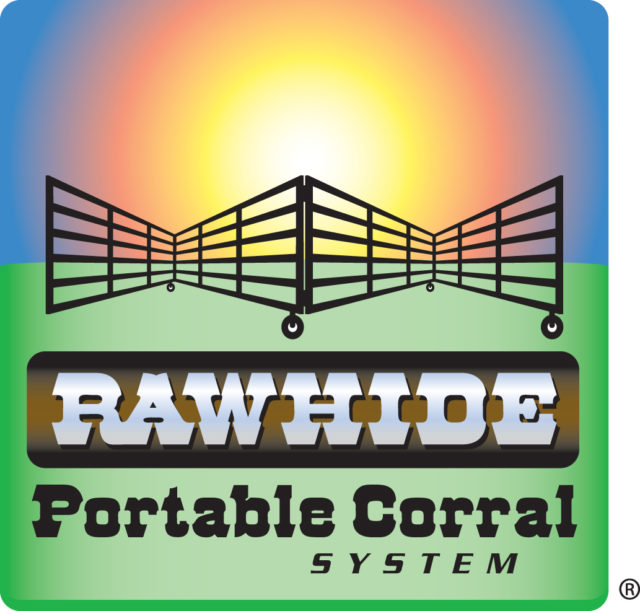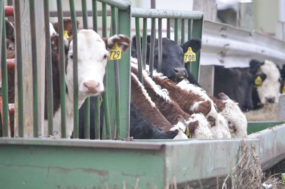Livestock (and forage) producers are a proud bunch. Often stubborn, determined and self-sufficient almost to the point of self-destruction.
We survive biblical events of flooding, swarms of locusts and pestilence, and drought – sometimes all in the same year. There is just not much that we can’t handle ourselves. So, asking for help does not come easy – but, this crisis is different. There is no issue with our products or our management; it is the market (specifically the processing and distribution chain) that has seized. Consumer end users want our product. The demand remains, but the supply line is clogging up the joint. The good news is, it will work itself out. The bad news is, it may take a little while. And, to survive this slow down, we may need to ask for a little help, so we in turn can continue to help the consumers who depend on us.
Now, I’m as leery as the next guy of our elected officials – the old joke of, “I’m from the government and I’m here to help,” echoes in my head. But, in response to the pandemic and the associated economic impact, the USDA has instituted a Coronavirus Food Assistance Program (CFAP) – that’s a capital “F” not an “R” – where ranchers and farmers (including forage producers) whose operations have been impacted by COVID-19 and have faced price declines and additional marketing and operational costs, can find some financial relief to tide them over during this downturn. The USDA’s Farm Services Agency is accepting CFAP applications now through September 11, 2020.
And, don’t forget about the Small Business Administration’s Paycheck Protection Program, as it still has $132 billion of funds available that do not have to be repaid when used as directed, and the Economic Injury Disaster Loan program, which also still has funds available at a low interest rate of 3.75%. If you need some direction or assistance with online applications, shoot me an email. Our goal is simply to “Live to fight another day.” Our country and livestock community need you. Don’t be too proud.
As always, my advice is to grow your herd and keep them healthy, for land’s sake!;
Side note
Burger King, in conjunction with the University of California – Berkeley, has announced a new Whopper “made from cows on plant-based diets” to reduce methane emissions. Now, silly me, I may have missed a marketing opportunity here, as all my cows on pasture have always been on a “plant-based” diet.
Okay, in all fairness, they are adding 100 grams of lemongrass leaves to the cow’s daily diet to achieve a claimed “up to 30% methane reduction.” And, no, do not ask me how they get in there and accurately measure the exact methane release of each cow. Another research group at Stanford in California, in conjunction with a French climate research firm, is using algae in feed to reduce emissions. As an industry, we are interested in any and all cost-effective ways to lower agricultural methane emissions, so we will keep an eye on these developments.







